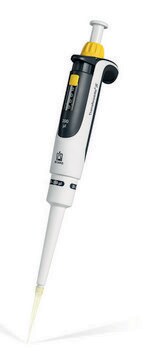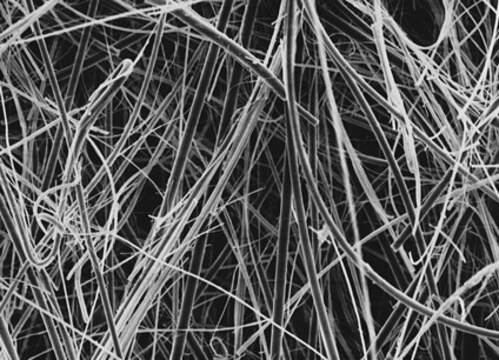2858
Ethanol solution
80% v/v, suitable for fixing solution (blood films)
Synonym(s):
Ethanol solution, Ethyl alcohol
About This Item
Recommended Products
Product Name
Ethanol Fixative 80% v/v, suitable for fixing solution (blood films)
form
liquid
solution
Quality Level
suitability
suitable for fixing solution (blood films)
format
mixture
SMILES string
CCO
InChI
1S/C2H6O/c1-2-3/h3H,2H2,1H3
InChI key
LFQSCWFLJHTTHZ-UHFFFAOYSA-N
Looking for similar products? Visit Product Comparison Guide
General description
Application
Signal Word
Danger
Hazard Statements
Precautionary Statements
Hazard Classifications
Eye Irrit. 2 - Flam. Liq. 2
Storage Class Code
3 - Flammable liquids
WGK
WGK 1
Flash Point(F)
67.1 °F - closed cup
Flash Point(C)
19.5 °C - closed cup
Choose from one of the most recent versions:
Certificates of Analysis (COA)
Don't see the Right Version?
If you require a particular version, you can look up a specific certificate by the Lot or Batch number.
Already Own This Product?
Find documentation for the products that you have recently purchased in the Document Library.
Related Content
Three-dimensional (3D) printing of biological tissue is rapidly becoming an integral part of tissue engineering.
Our team of scientists has experience in all areas of research including Life Science, Material Science, Chemical Synthesis, Chromatography, Analytical and many others.
Contact Technical Service









